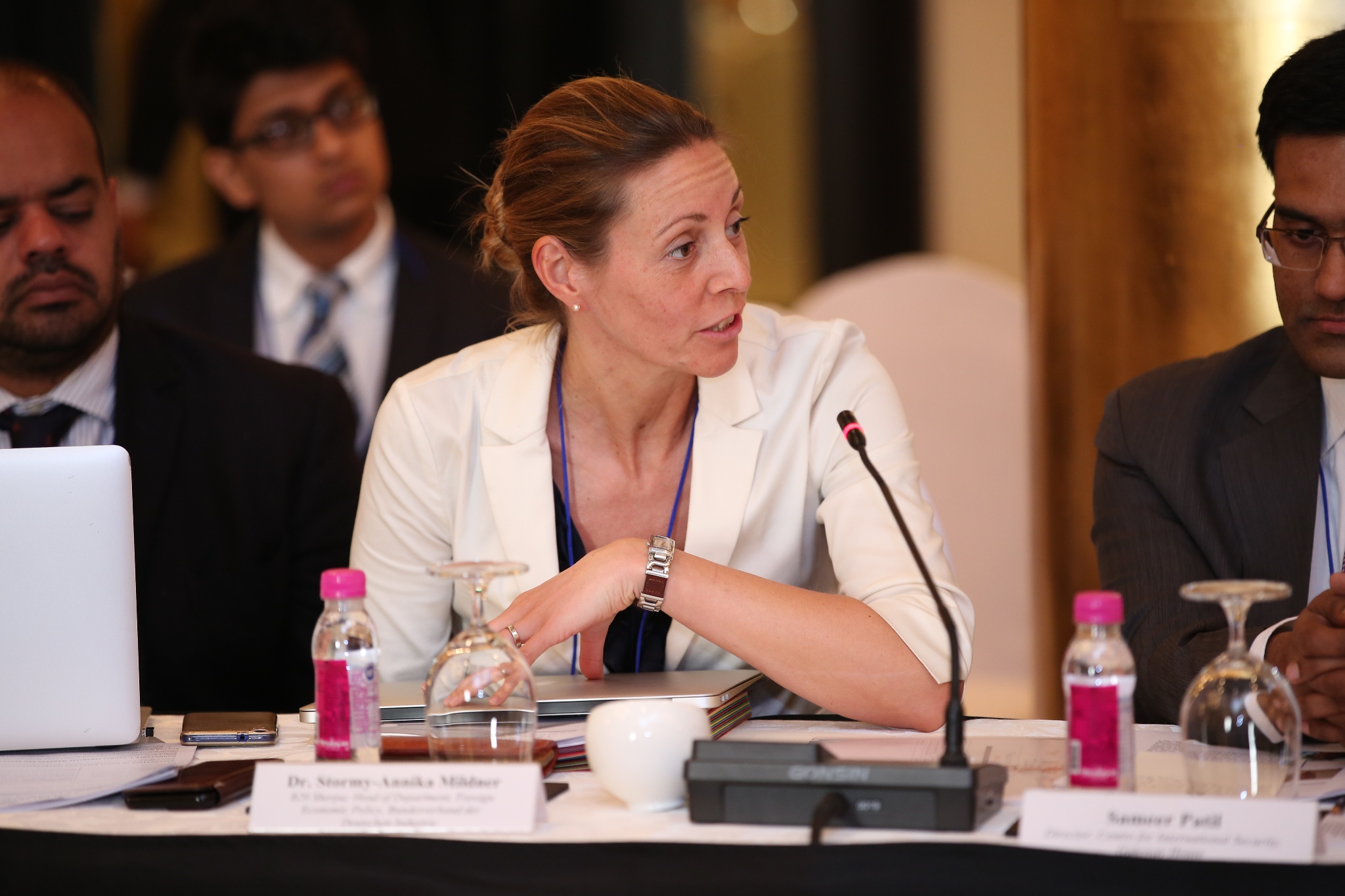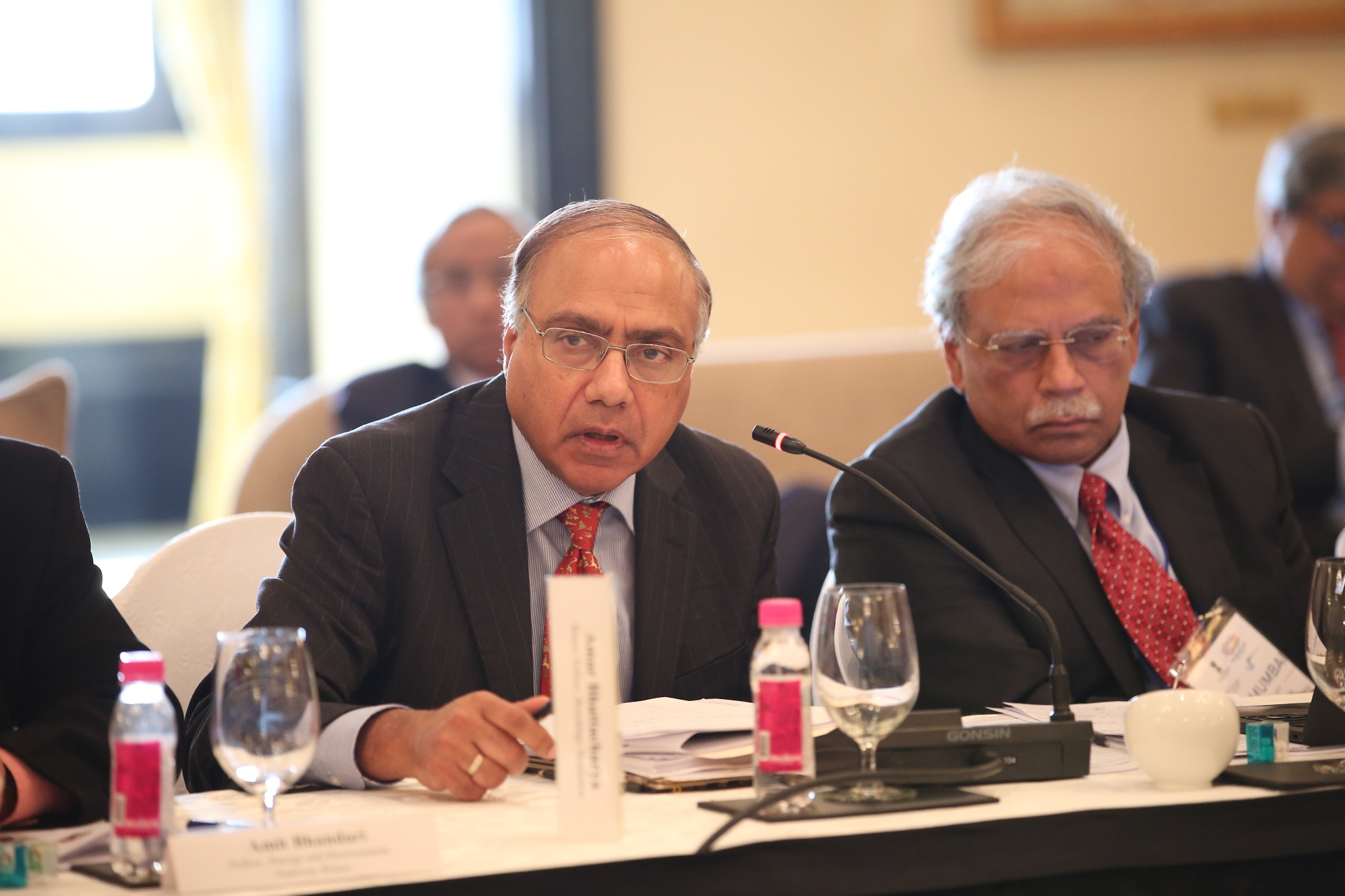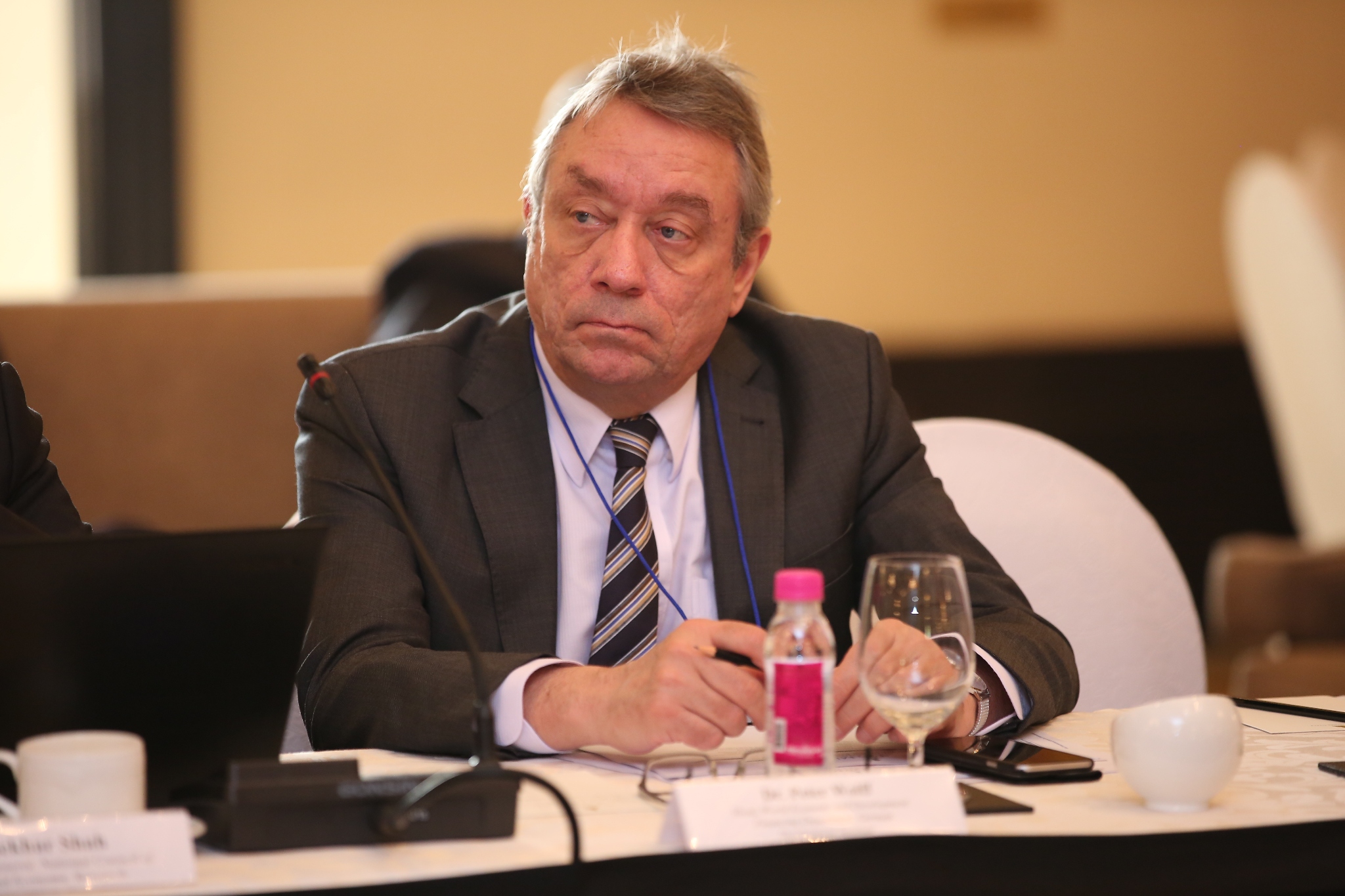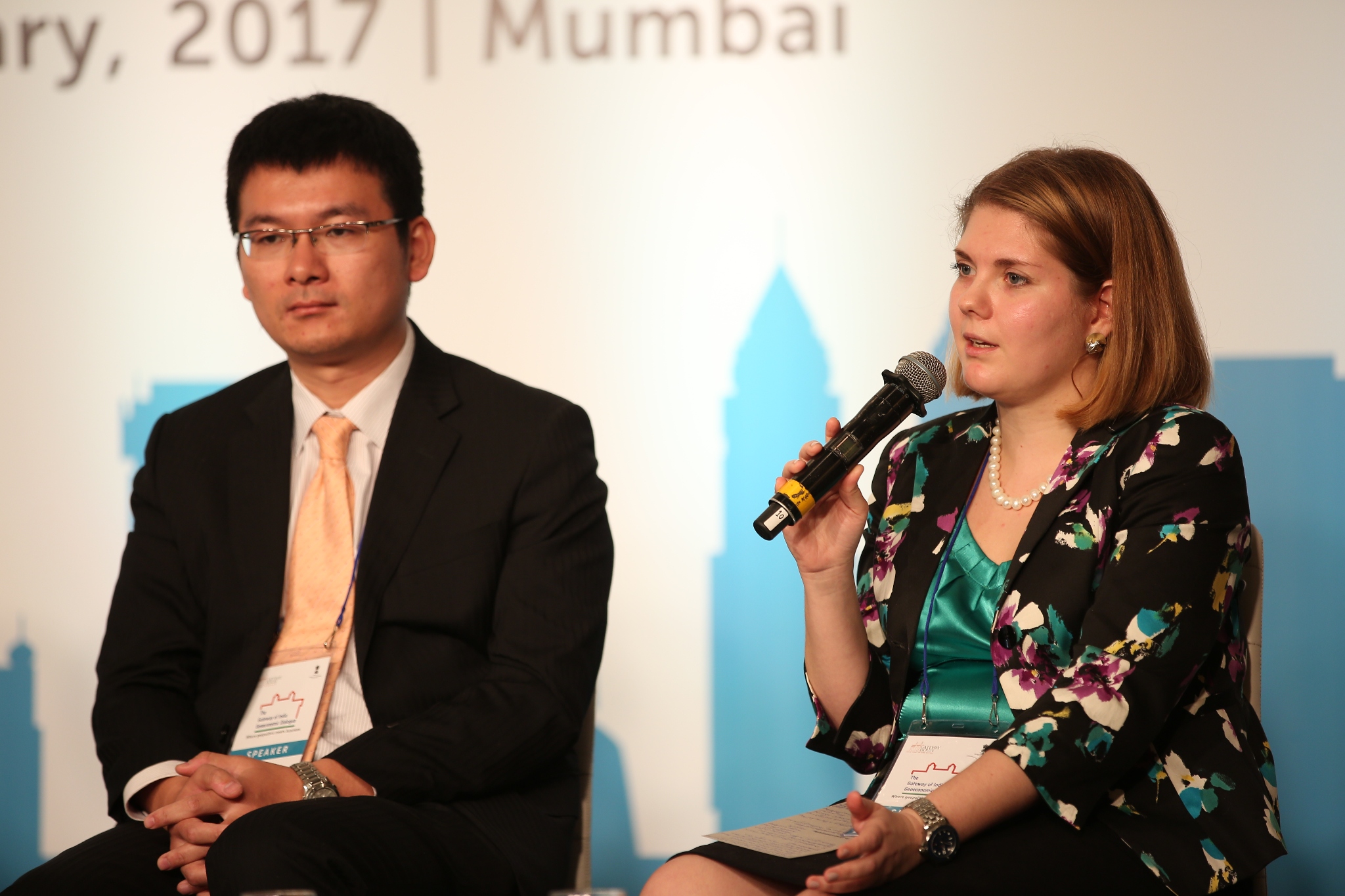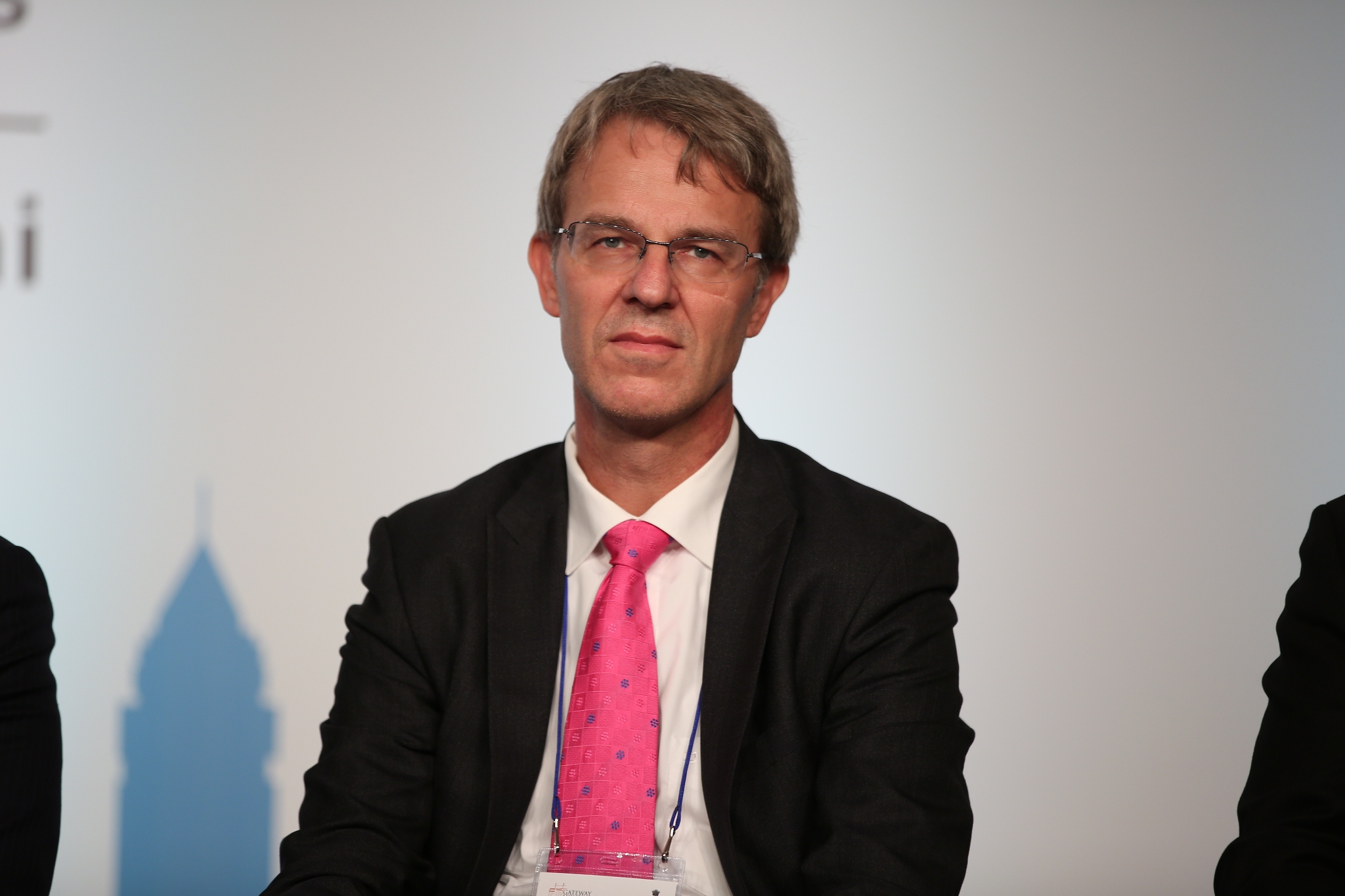Inclusiveness and SMEs: key to improving trade
In Dr. Stormy Mildner's interview she highlights the high levels of benefits accrued to countries due to trade. She mentions methods that can further increase these advantages. Her perception of trade is that it involves not just the mobility of goods but also of services. She describes measures taken by the B20 such as the Business Mobility Card that will facilitate labour mobility. She ends with the founding principles, objectives and goals of the B20 and the legacy the German Presidency would like to leave behind when its term ends, namely, sustainability, inclusiveness and a future oriented approach to growth.

